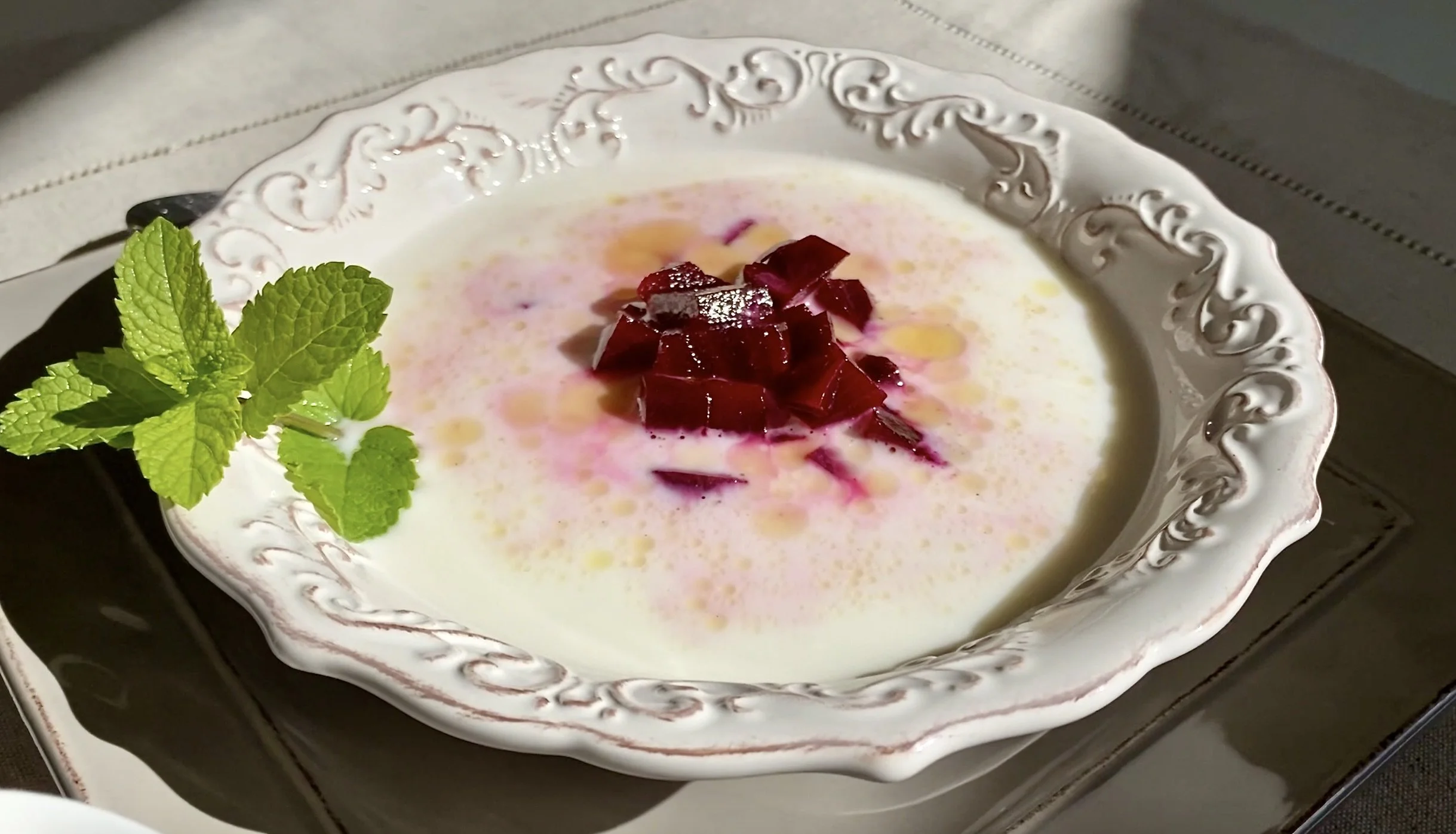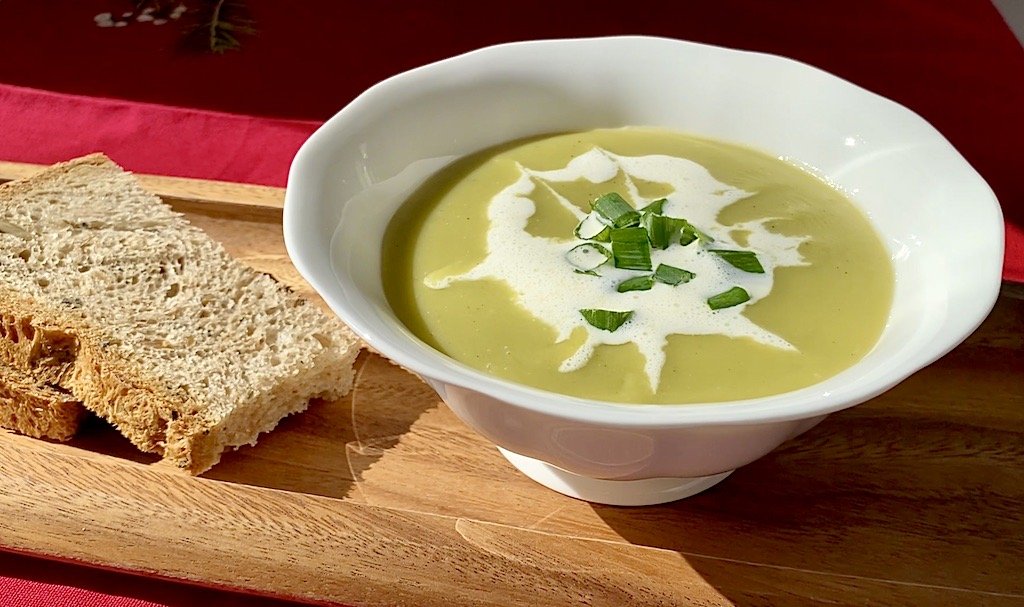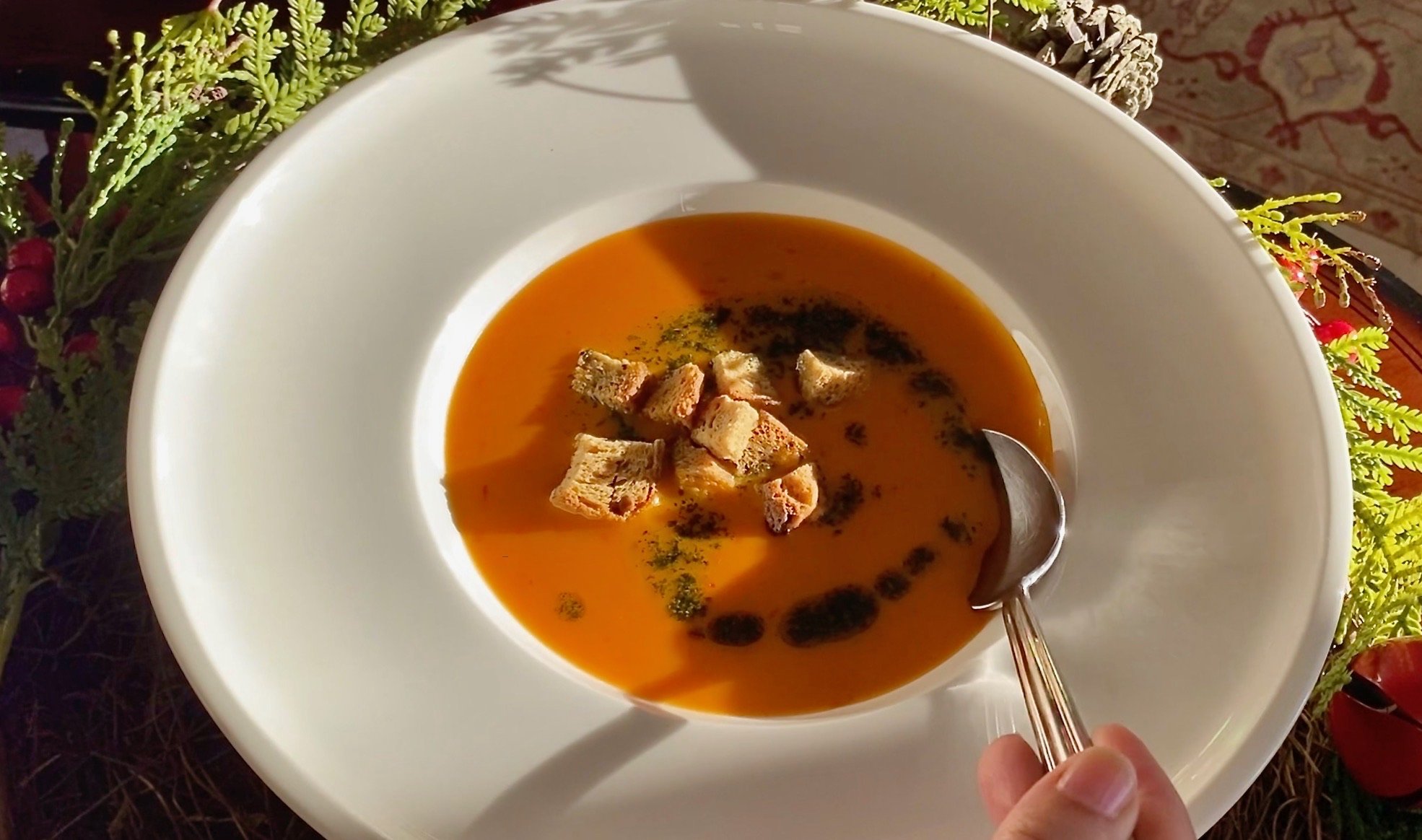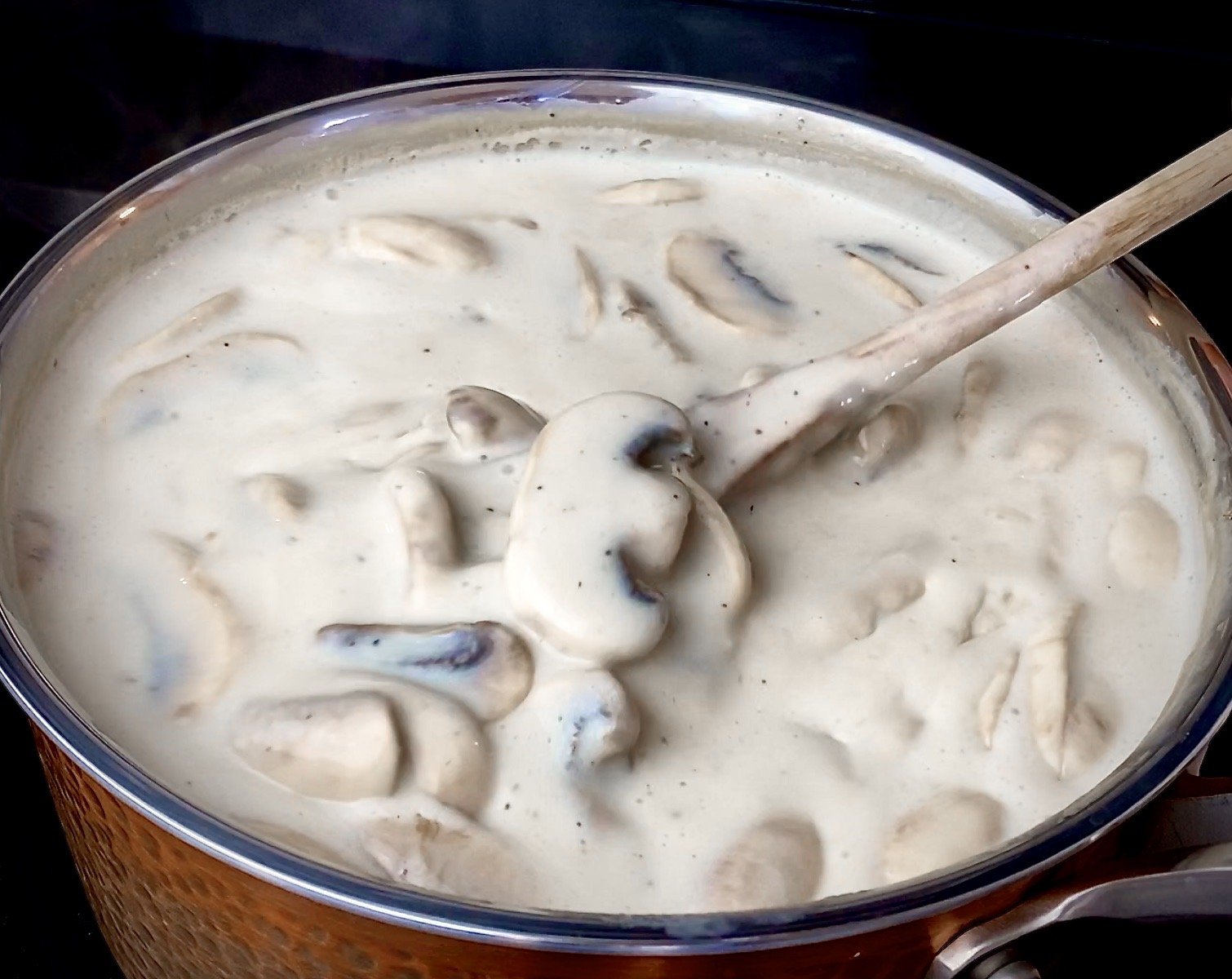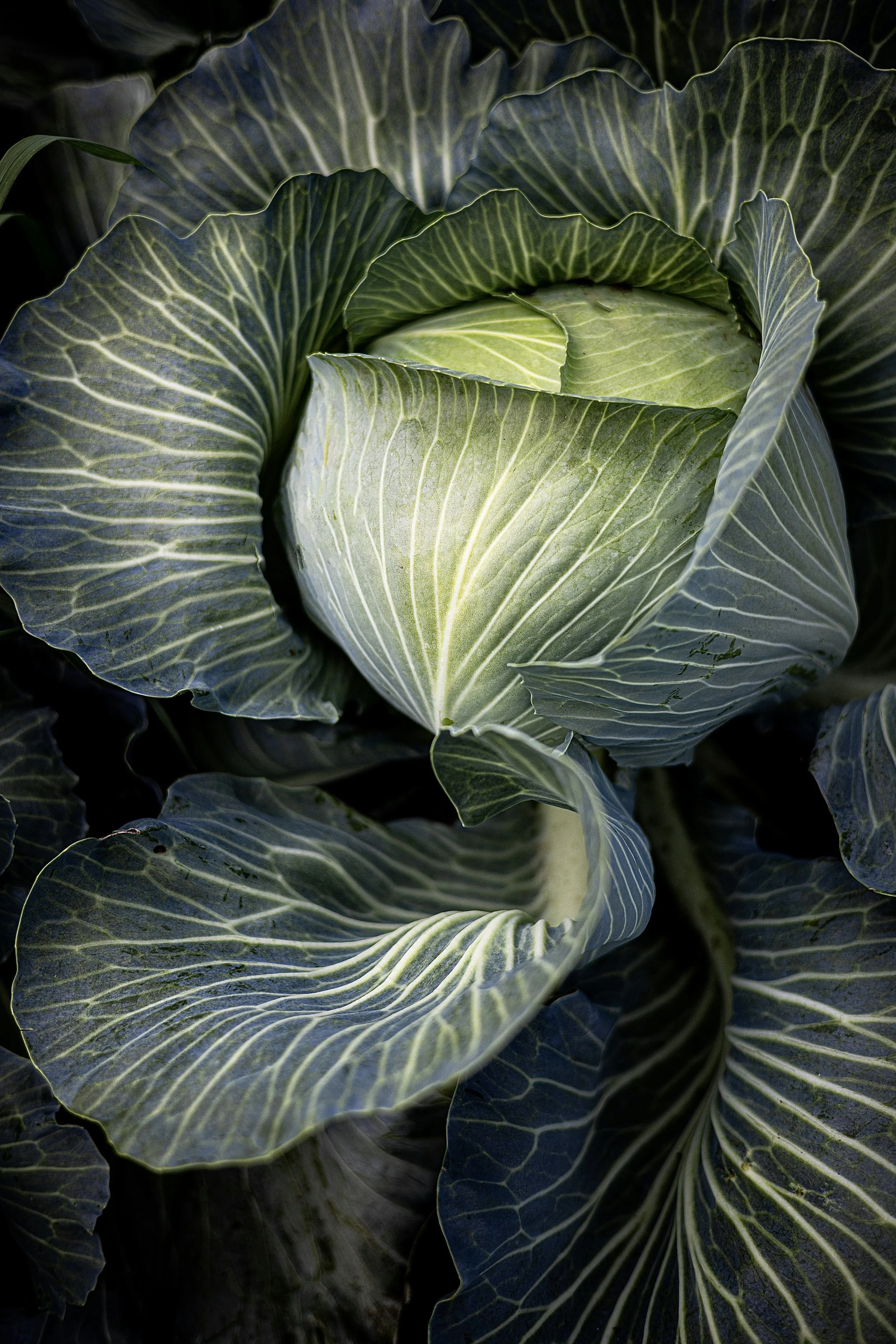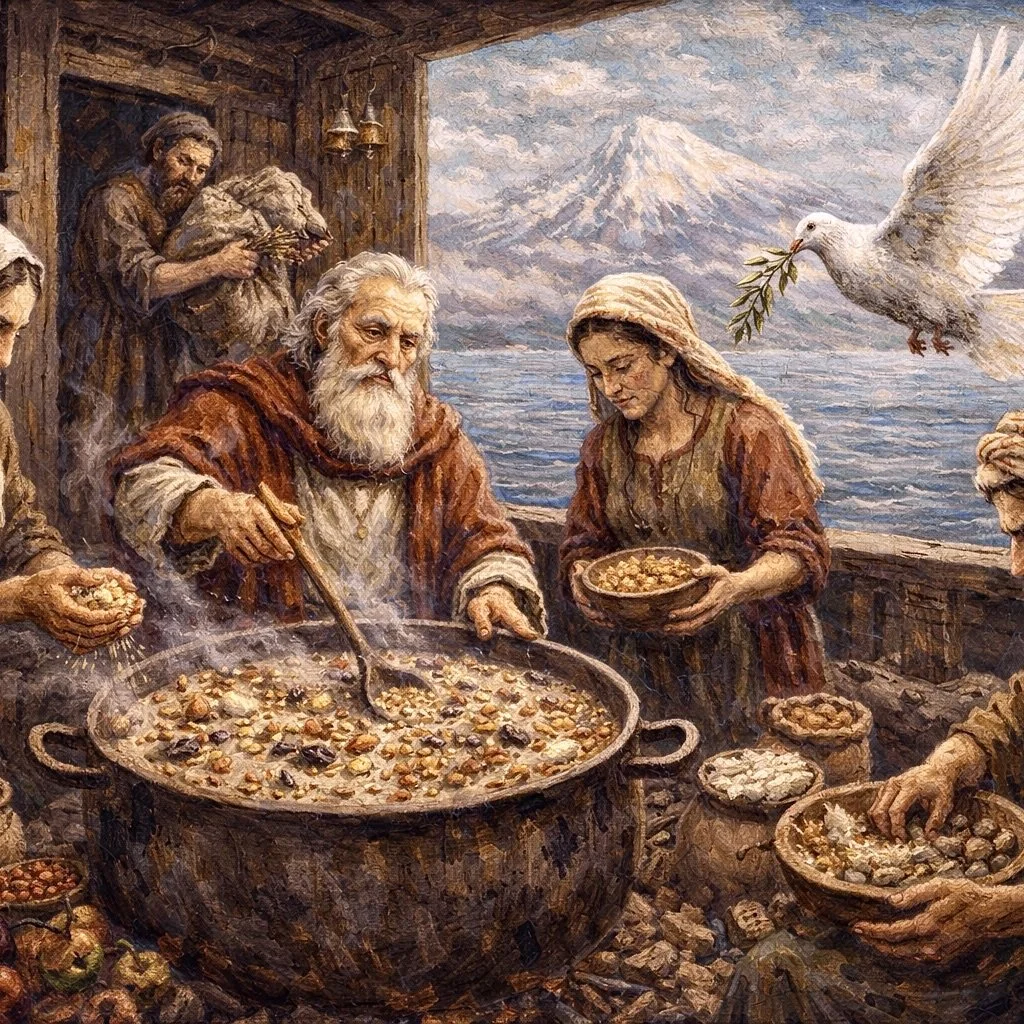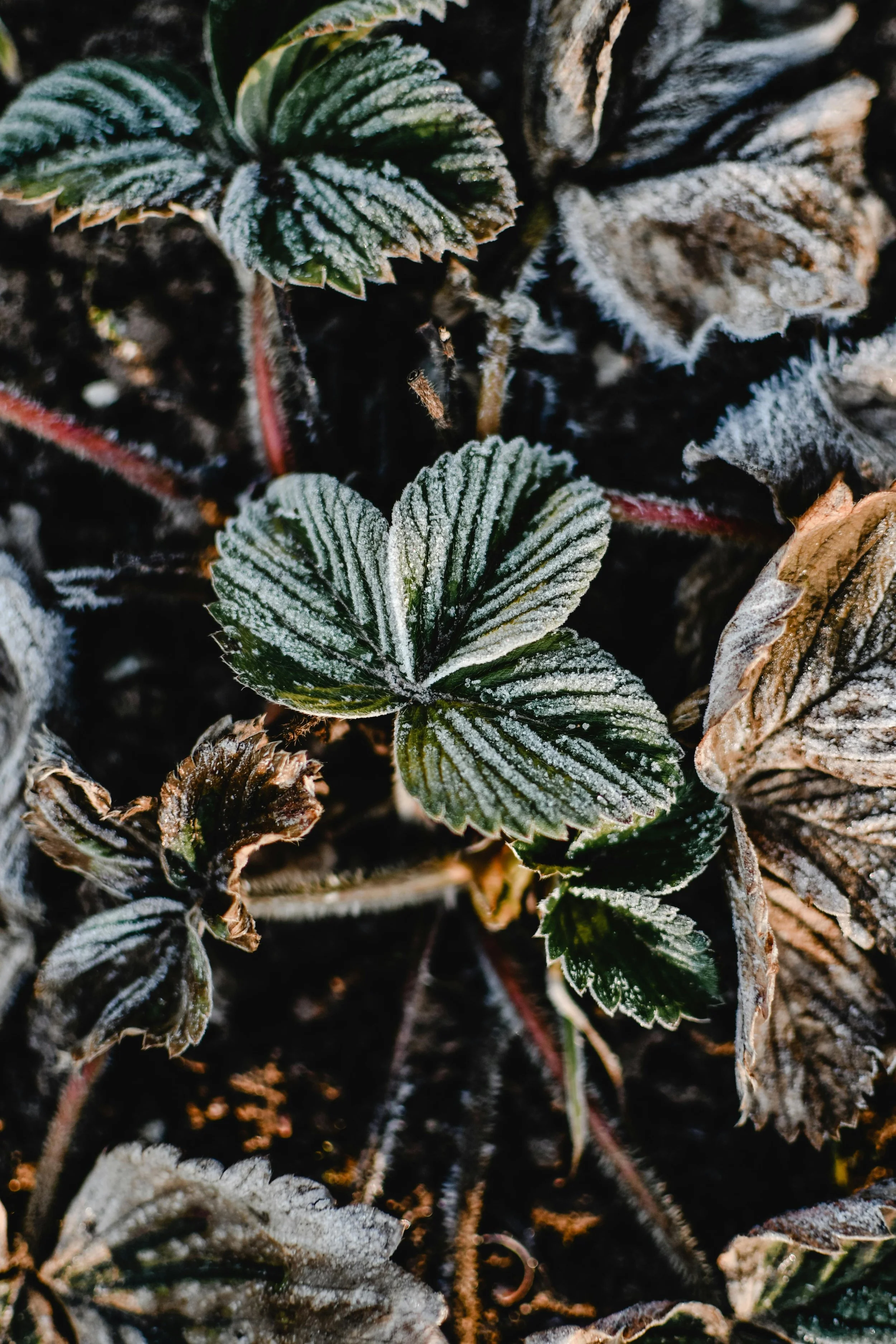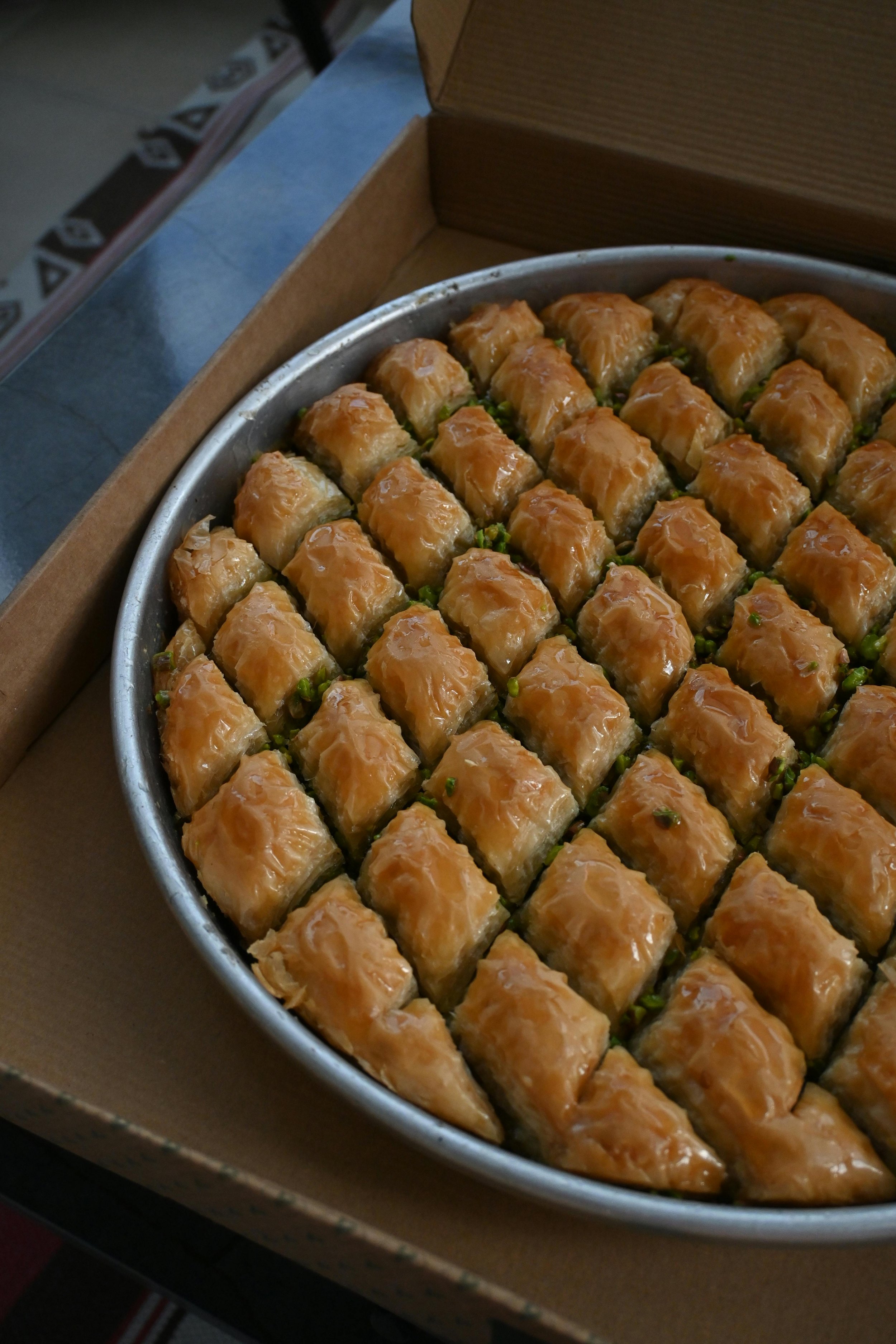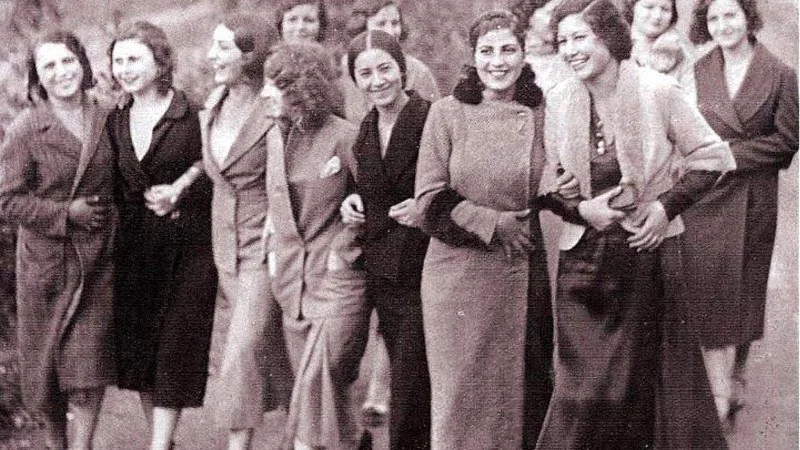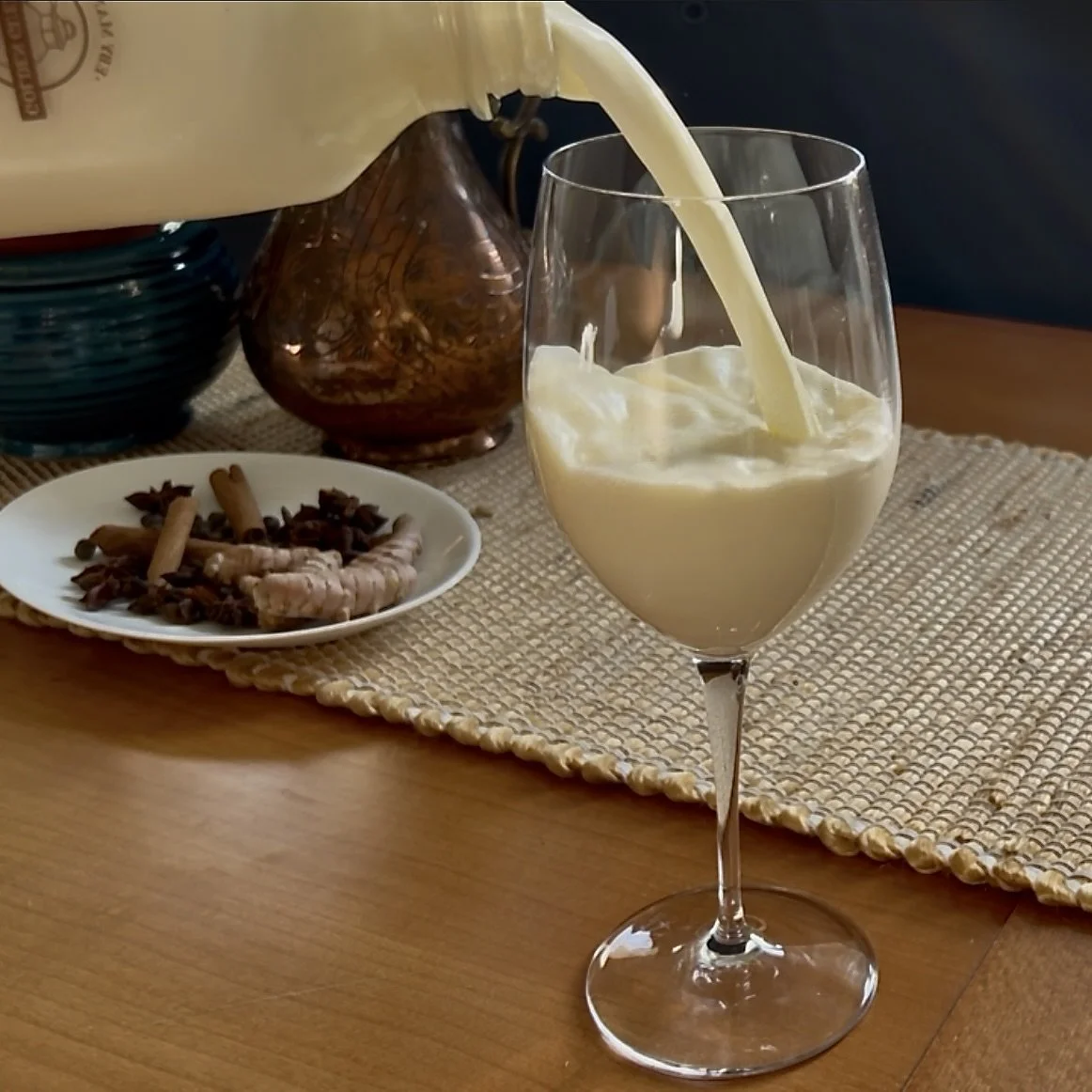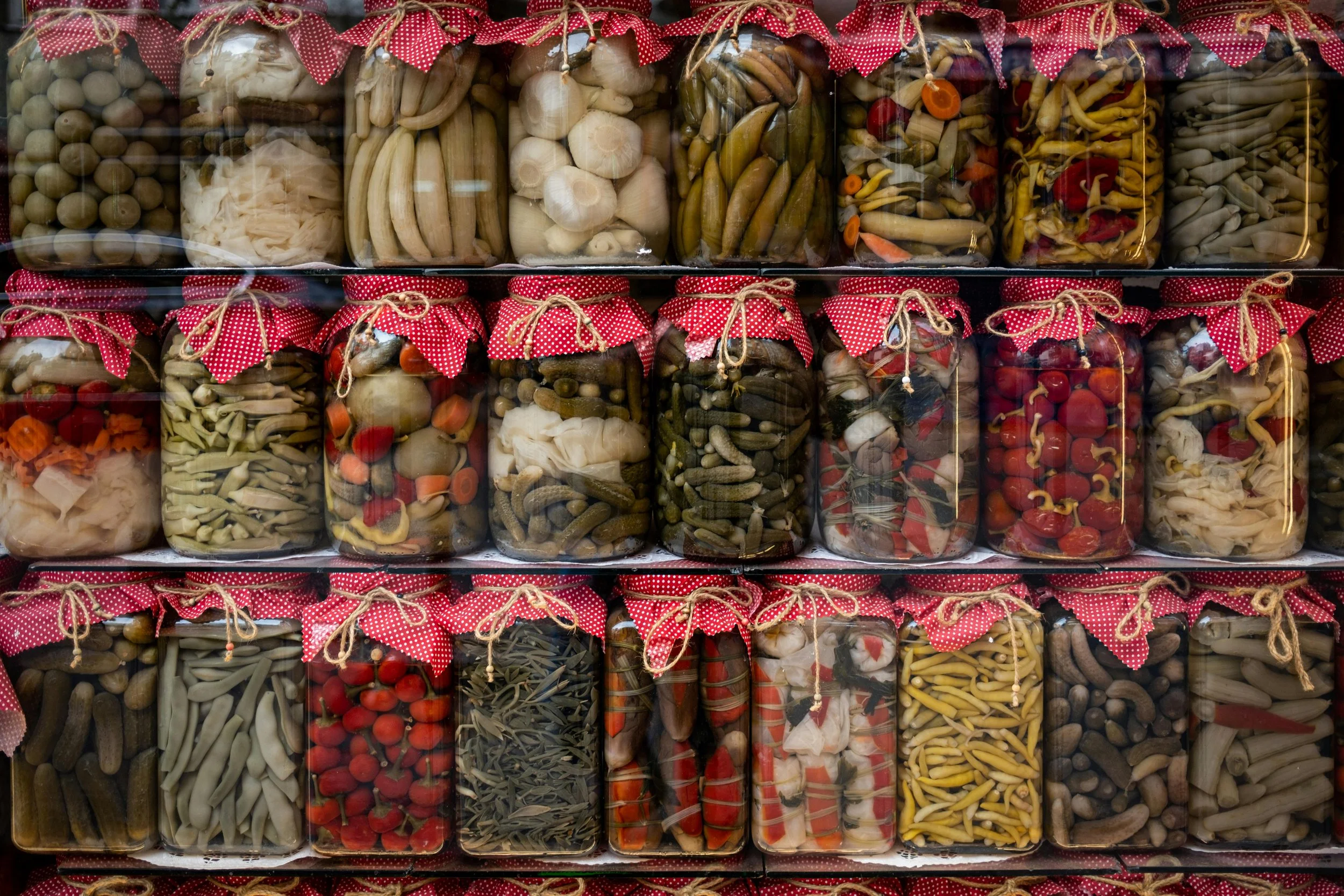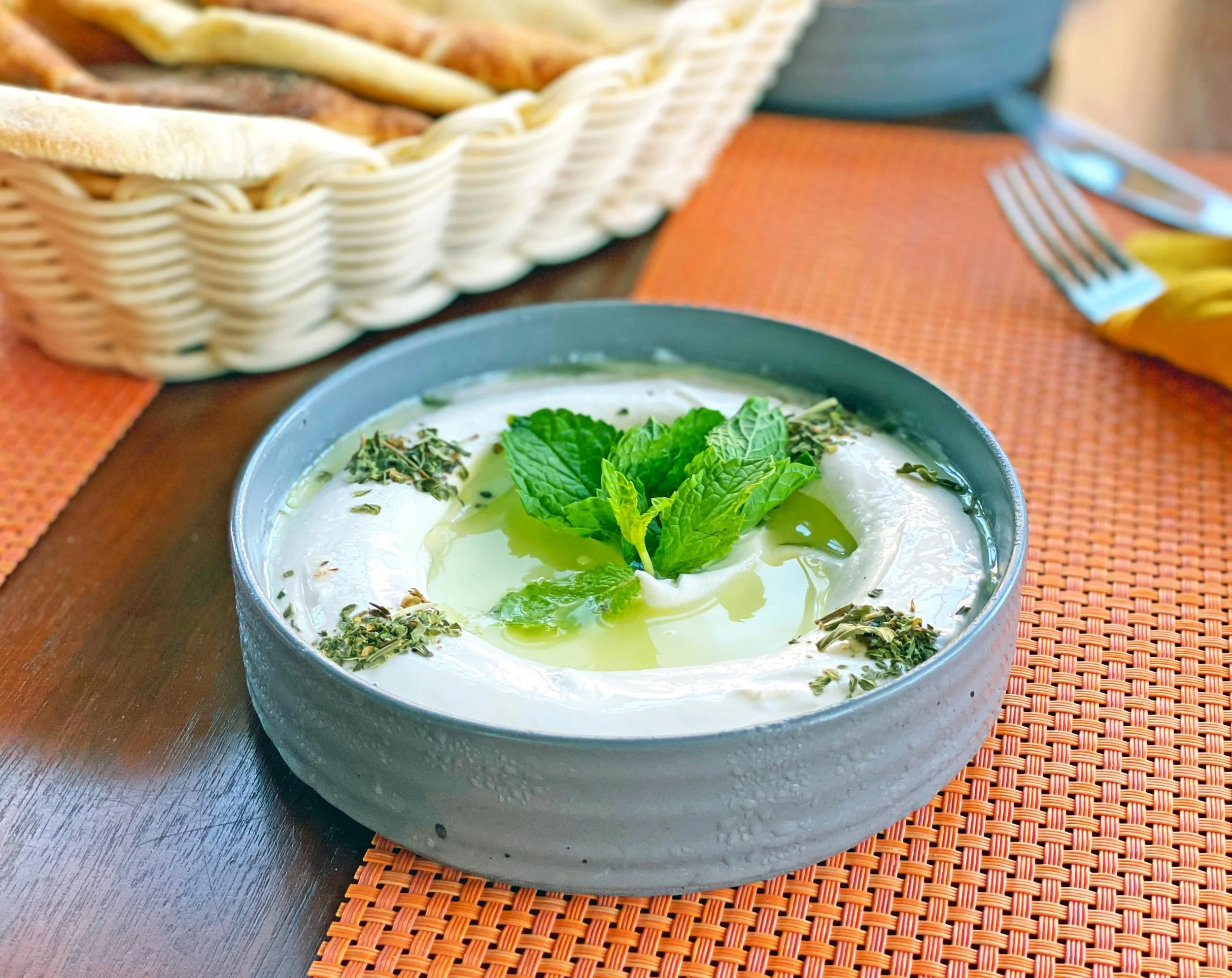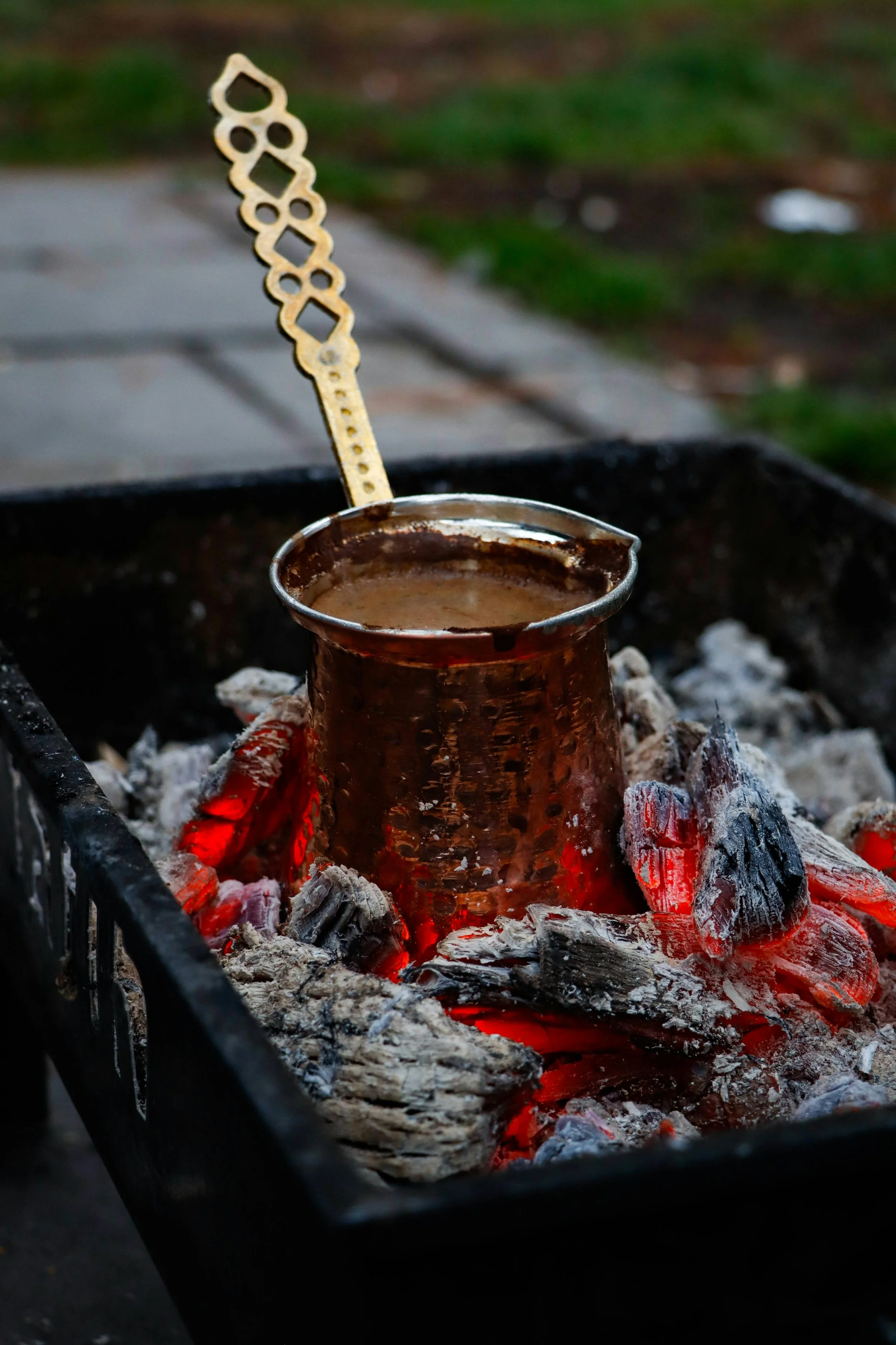Bećhamel Sauce / Beşamel Sos
BECHAMEL SAUCE: SILKY THREAD THROUGH CENTURIES
Note: By clicking on this video, you allow third parties (YouTube and Google) to access your data. Visit our privacy policy for more info.
French Classic with a Turkish Soul
Simple as it may seem, béchamel sauce carries a history steeped in nobility and transformation. Originating in French royal kitchens, named after Louis de Béchameil, and inspired by an Italian white sauce introduced by Catherine de' Medici, this delicate blend of butter, flour, and milk has graced the tables of Europe for centuries.
Béchamel may have been born in French kitchens, but it didn’t take long for Turkish cuisine to adopt and embrace this silky, milky sauce. Its smooth texture and neutral richness felt familiar, perhaps because milk and yogurt have long been foundational to Turkish food culture, tracing all the way back to the nomadic Turkic tribes of Central Asia. From yoğurt to ayran, from variety of cheeses to kaymak, milky tastes are cherished.
By the 19th century, Ottoman palace kitchens had already begun experimenting with European culinary techniques, and béchamel made its debut on aristocratic tables, paired with roasted vegetables, layered in baked pasta dishes, or even stirred into comforting soups.
It’s a beautiful example of how cultures blend, not by losing identity, but by recognizing harmony. In Turkish homes today, béchamel finds itself baked atop zucchini or spinach casseroles, folded into seafood pasta, or served as the soul of a soup or meze.
With just butter, flour, and milk, this simple sauce becomes a bridge between elegance and familiarity. It brings silkiness and body to humble ingredients and elevates the everyday to something memorable.
Ingredients
50 g butter
1/4 cup cold-pressed olive oil
5 tbsp all-purpose flour
3.5 cups cold milk
1/2 tsp salt
1/2 tsp ground black pepper
Directions
STEPS:
Place a medium saucepan over medium-low heat.
Melt the butter and stir in the olive oil.
Add the flour and whisk constantly for 2–3 minutes, allowing the flour to cook slightly. It should bubble and release a warm, nutty aroma.
Gradually pour in the cold milk while whisking vigorously to prevent lumps.
Add the salt and pepper.
Continue whisking until the sauce thickens and becomes smooth. Once it begins to bubble, cook for one more minute.
Remove from heat. Your silky white béchamel is ready to use.
Use immediately or cover with a piece of parchment or plastic wrap to prevent a skin from forming.
[Notes from the Kitchen]
Sauce Consistency: Béchamel can be thickened or thinned by adjusting the amount of milk. A thicker version works better for casseroles and fillings, while a lighter one is perfect for sauces or soups.
Scented with Tradition: Although nutmeg is traditional in French versions, in Turkish cuisine, black pepper and a hint of bay leaf are often preferred. You can customise to suit your dish.
Make Ahead & Store: Store leftover béchamel in a jar in the fridge for up to 3 days. Reheat gently, stirring constantly.
A Quick Enrichment: A tablespoon of béchamel added to scrambled eggs or mashed potatoes gives a velvety richness that elevates the ordinary.
Pairing Ideas from Turkish Tables:
Squash Casserole / Beşamelli Fırın Kabak: Layer cooked zucchini or squash with minced meat and béchamel, then bake for a crowd-pleasing dinner.
Seafood Pasta with Béchamel / Deniz Ürünü ve Beşamel Soslu Makarna ): Combine shrimp or white fish with pasta and a light béchamel for an elegant coastal-style meal.
Cauliflower Graten / Karnıbahar Graten: Use as a topping over softened vegetables (like cauliflower, spinach, or broccoli) and bake until golden.
Hot Meze Sauce / Sıcak Meze Sosu: Add a spoon of béchamel to sautéed mushrooms, spinach, or artichoke hearts for a warm meze with restaurant flair.
Soup with batter / Meyane Soslu Çorbalar: Add 2–3 tablespoons to thicken vegetable or chicken soup and achieve a creamy, smooth texture.
Lazanya / Fırın Makarna: Béchamel is essential in Turkish-style lasagna, where it adds softness and binds pasta layers.
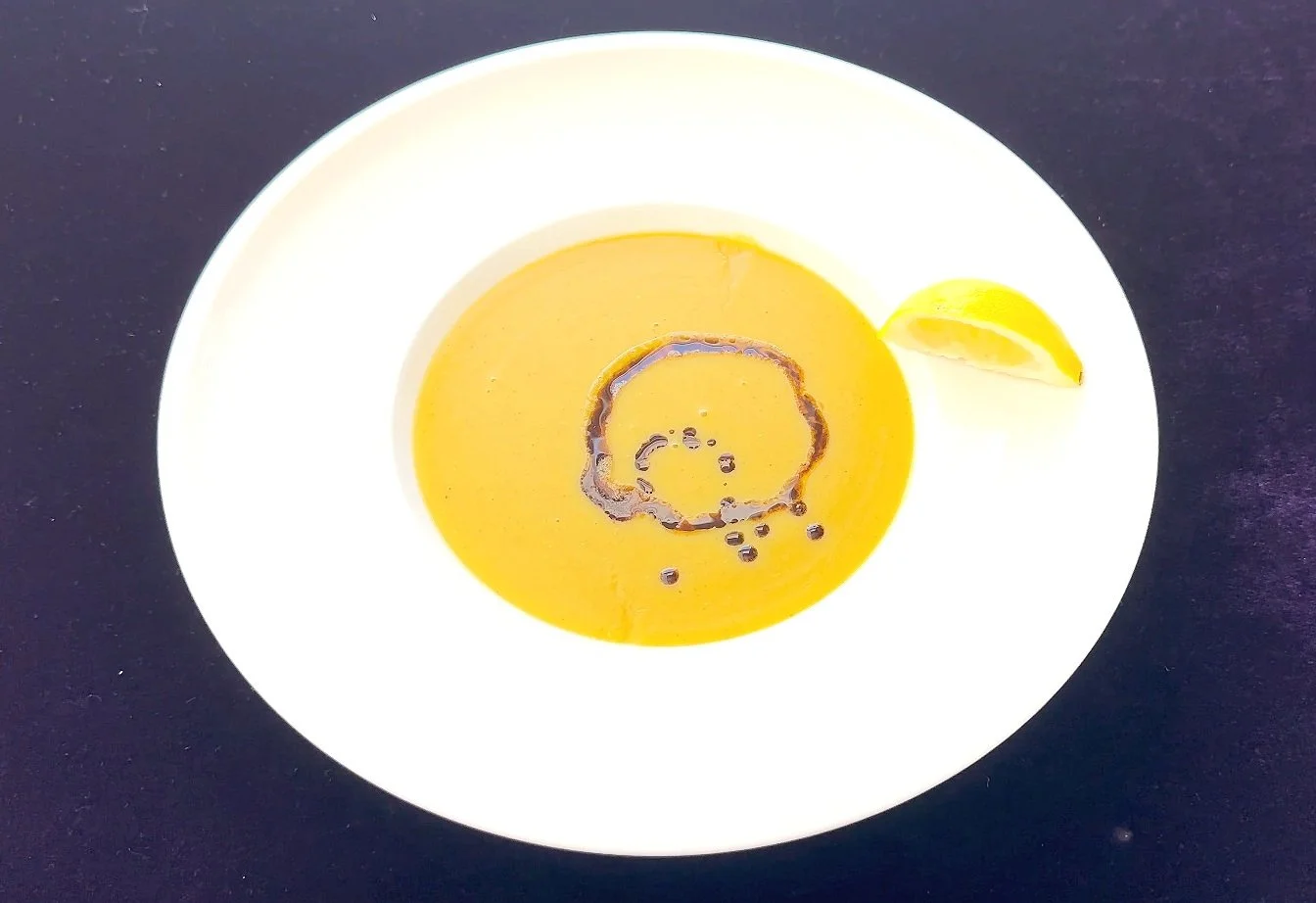
There is a particular kind of hesitation that happens in front of the produce wall…
Somehow, a holiday about light, generosity, and togetherness became the time of year we panic-buy our way into proving we care…
What if the healthiest thing you could do is stop believing everything in the grocery aisle that calls itself “super”?
Discover how baklava evolved from early Central Asian layered pastries to the refined Ottoman masterpiece we know today…
Explore how yoğurt weaves through Turkish cuisine, from soups and mezes to mains, pastries, and desserts... the timeless taste that ties every meal together.
Science confirms what our grandmothers always knew: sitting down together is the recipe for lifelong health.
Eby’s Golden Guernsey milk is the ‘secret’ ingredient that makes our sütlaç, puddings, pochas, sauces, and soups unforgettable…Reminding us why real quality matters.
From jars of tangy probiotic pickles to real fruit leathers and vitamin-rich tarhana soup mix, we share how a Mediterranean family in Canada prepares their pantry for the long winter, with recipes rooted in tradition, adapted for today.
Istanbul’s cuisine is not a story of invention but of conversation, where Thracian settlers, Greek tavern-keepers, Armenian bakers, Jewish exiles, Kurdish migrants, and Ottoman courts all left their mark on the city’s table.
Preserving food wasn’t a hobby. It was survival, celebration, and creativity all at once.
Mediterranean diet is about memory, movement, and meals that satisfy body and soul.
Before it was a health trend, yogurt was medicine, snack, and staple: fermented on horseback, shared across empires, and still echoing in every spoonful today.
Shared meals don’t just feed the body. They knit our hearts together, heal loneliness, and keep old stories alive at the table.
What if tradition wasn’t about perfection or the past… but about adapting wisdom for a better life today?
From leaves to molasses, from sour to sweet — the grape vine carries 10,000 thousand years of Anatolian wisdom into every season.
More than flavour, preservation is geography, memory, and thousands of years of learning to listen to the land…
Before there were books or blueprints, there were mothers—teaching us how to live, protect, and remember.

